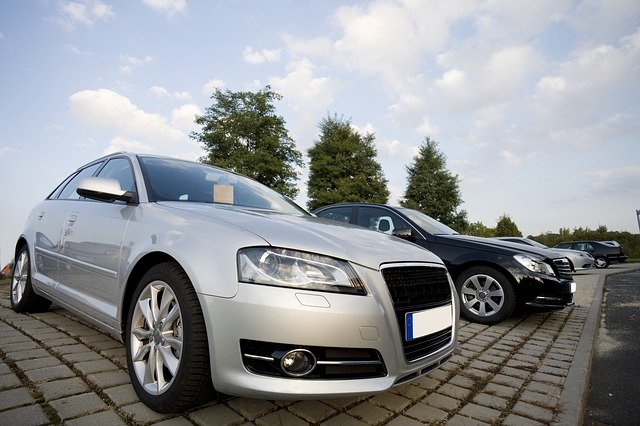Rideshare business owners are facing new tax regulations following the passage of the Tax Cuts and Jobs Act (TCJA) some of which have affected leasing and depreciation tax rules. As a result, Tax Reform means that rideshare business owners now need to reassess the implications of lease vs. buy tax before deciding to lease or purchase new vehicles. If you’re trying to decide between leasing vs buying, consider these important points.
Leasing vs Buying: Depreciation
Depreciation is a tax method that allows you to deduct the cost of your vehicle over the course of its useful lifespan. Thanks to Tax Reform, depreciation rules now allow you to deduct a larger portion of your vehicle purchase during the first year than in subsequent years of owning the vehicle.
There are annual depreciation limits that you must follow. A table of the updated 2018 depreciation limits for passenger vehicles is available here.
On the other hand, you can only deduct a portion of your lease payments based on your business use of the vehicle. Conversely, purchasing a vehicle allows you to deduct much more on your taxes.
For example, if you consider leasing a car for $350/mo versus purchasing a used one for $20,000 with financing, you would have to choose from the following options on your taxes:
- Leasing: Your annual depreciation deductible is $4,200 ($350 * 12 months)
- Purchasing: If you own the vehicle, first-year annual depreciation comes to $10,000.
As a result, purchasing the vehicle increases your deductible expense by $5,800. That’s a significant increase over the deductible for a lease.
Selling Your Vehicle
If you decide to sell your vehicle, you can sell it for however much you want to sell it for. However, you will still need to use the depreciated price when it comes to deducting your realized gains on your taxes. Depreciation begins when a vehicle is put into service and ends when the vehicle is removed from service (because you sold it or some other reason) or the cost has been recovered. The new depreciation rules could save you a lot of money if you purchase a used vehicle with finance because you can also decide to use it as a trade-in or sell it to an employee.
On the other hand, when you have a lease, you have no equity in the vehicle. That means you won’t be able to take advantage of depreciation rules because you don’t have anything to deduct.
Lease vs Buy: The Best Option
In 2017, the depreciation limit on a used car was $3,600. As a result, leasing was almost always a more attractive option for more expensive cars. However, taking all of these recent developments into account, Tax Reform has now made buying, even used vehicles, more attractive than leasing.
With a $10,000 first-year depreciation limit now in effect, you should strongly consider purchasing any new vehicles for your rideshare business in order to take advantage of this new higher limit. But first, you might also want to factor in whether you have the cash for a down payment on an auto loan, how many miles you expect to drive each year, and the cost of maintenance.
Regardless if you lease or buy, make sure you are doing it correctly. Check out this article from our friend Jerry at SharedEconomySecrets where he reveals auto broker secrets that you can use for your benefit to get the best deal possible on your new car.
If you are unsure as to which option would work best when taking these other factors into account, make sure that you discuss your plans with a qualified tax professional. This will ensure that you fully understand the tax implications of your next vehicle purchase or lease.
More Tax Tips for Fleet Owners
This post is a general guide, but every case is unique. If you really want to know how a vehicle purchase can affect your tax profile, you should consult with a Shared Economy Tax expert. Our certified pros can show you all the pros and cons of leasing vs buying so you can make the best decision. Making the right choice can save you lots of money at tax time, so don’t hesitate to speak to one of our tax pros. Get started today with a free one-on-one strategy session with a certified tax pro, or sign up for our newsletter using the form below for more free tax tips.

